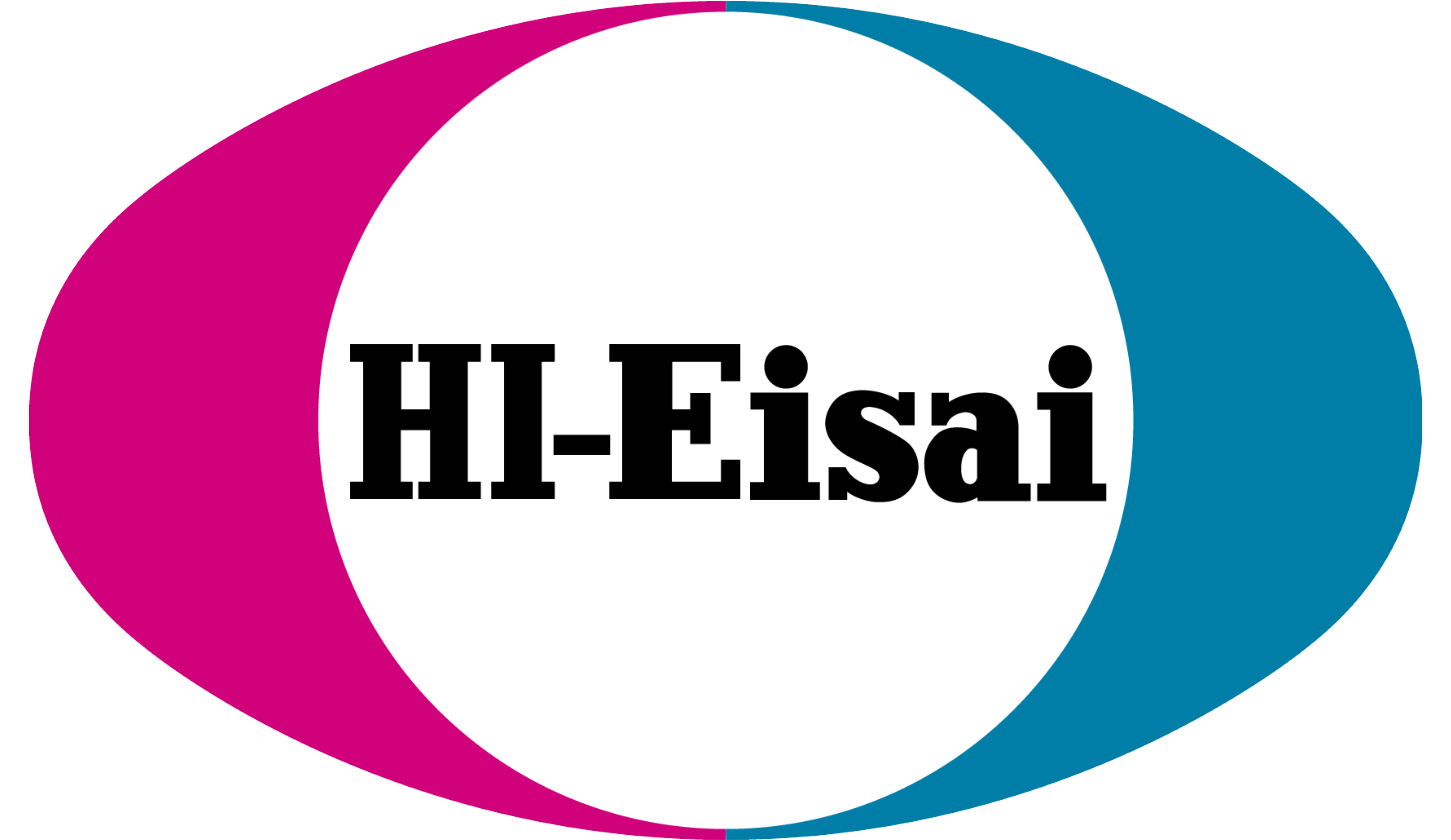Lifestyle Modifications for Overactive Bladder (OAB): Managing Symptoms through Lifestyle Changes
Lifestyle modifications can play a crucial role in managing overactive bladder (OAB) symptoms and improving overall bladder health. By making simple changes to your daily routine, you can potentially reduce the frequency and urgency of urination. Here’s a deep dive into lifestyle modifications for OAB:
Bladder Training: Bladder training involves gradually increasing the time between bathroom visits to improve bladder control. Start by urinating at set intervals (e.g., every 30 minutes) and gradually increase the interval by 15-30 minutes each week. This helps train your bladder to hold urine for longer periods.
Fluid Management: While it’s important to stay hydrated, reducing fluid intake in the evening can help reduce nighttime urination (nocturia). Avoiding caffeine and alcohol, which can irritate the bladder, may also help reduce urgency and frequency.
Healthy Diet: Certain foods and beverages can irritate the bladder and worsen OAB symptoms. Avoiding spicy foods, acidic foods (e.g., citrus fruits, tomatoes), artificial sweeteners, and carbonated drinks can help reduce bladder irritation.
Pelvic Floor Exercises: Kegel exercises can help strengthen the pelvic floor muscles, which support the bladder and urethra. Stronger pelvic floor muscles can improve bladder control and reduce leakage. To do Kegel exercises, contract the muscles you would use to stop the flow of urine, hold for a few seconds, and then relax. Repeat several times a day.
Maintain a Healthy Weight: Excess weight can put pressure on the bladder and exacerbate OAB symptoms. Maintaining a healthy weight through a balanced diet and regular exercise can help reduce pressure on the bladder and improve bladder control.
Quit Smoking: Smoking can irritate the bladder and worsen OAB symptoms. Quitting smoking can improve bladder health and reduce the frequency and urgency of urination.
Scheduled Bathroom Visits: Establishing a regular bathroom schedule can help train your bladder and reduce urgency. Try to urinate at set times throughout the day, even if you don’t feel the urge.
Stress Management: Stress and anxiety can worsen OAB symptoms. Practicing relaxation techniques such as deep breathing, meditation, or yoga can help reduce stress and improve bladder control.
Avoiding Constipation: Constipation can worsen OAB symptoms by putting pressure on the bladder. Eating a high-fiber diet, staying hydrated, and getting regular exercise can help prevent constipation.
Wear Proper Clothing: Avoid tight clothing around the waist and abdomen, as this can put pressure on the bladder and increase urgency.
Incorporating these lifestyle modifications into your daily routine can help improve bladder control and reduce the impact of OAB on your daily life. However, it’s important to consult with a healthcare professional before starting any new exercise or diet regimen, especially if you have underlying health conditions.






